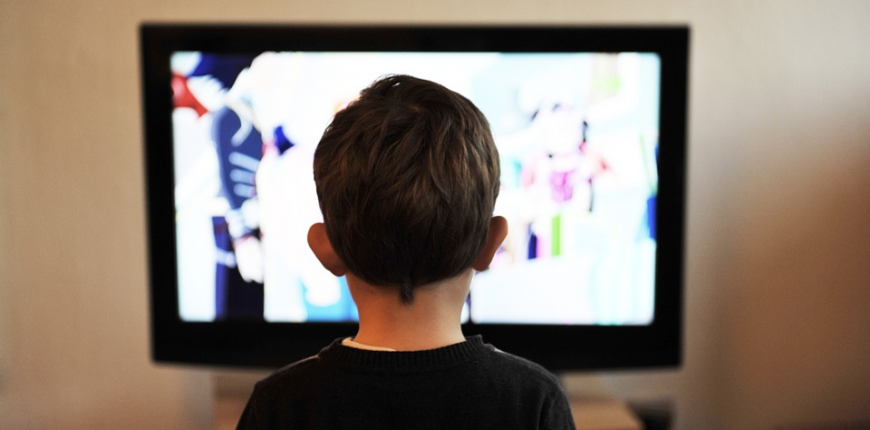Screen time has become such a concern that health organisations like the Canadian Paediatric Society are recommending that doctors counsel parents on how to reduce screen time for their children.
While health professionals recognise that technology can be a useful educational and entertainment tool for parents, their message is consistently “less is more”. Some parents have expressed worry themselves, that while technology can be helpful to keep their children occupied, they spend so much time on screens it ends up isolating them from the real world.
The Canadian Pediatric Association recommends avoiding screen time in children younger than two years old. Less than one hour is advised for children between the ages of and five years old.
The negative effects of screen time may be worse for children with ADHD. They spend more time online as their parents often rely on screen time to try and placate challenging behaviours. Children with ADHD have difficulty sustaining attention to stimuli that doesn’t capture and maintain their interest. They have no trouble with video games with their bright colours, graphics, sound effects, rewards and immediate feedback.
Reward deficiency syndrome is may make children with ADHD more vulnerable to becoming addicted to screen time. Screen time becomes an impulsive behaviour as it stimulates dopamine – the brain’s reward system.
Use screen-time wisely, and in moderation…
Abstinence is impossible in this day and age. Many parents of children with neurodevelopmental disabilities feel that technology can offer their child enjoyment and the ability to learn new skills. But when it comes to children with neurodevelopmental disorders, like ADHD, parents are recommended to use screens only for educational purposes.
Here are some simple tips you can try with your child, to try and reduce their screen-time:
- Model good behaviour
- Come up with a technology plan for the whole family to stick to
- Balance screen time and outdoor activities/hobbies.
- Make dinner and homework screen-free
- When having a break, make sure the sounds and vibrations are switched off
- Decide on a set amount of time for technology use, and enforce it with a timer
- Come up with alterative activities that don’t involve technology
- Set up time control software or apps on all devices
- Use media with your child – get involved and help them make safe choices
- Use educational games that help address your child’s learning difficulties
Weinstein, Aviv, et al. “Internet Addiction and Attention Deficit Hyperactivity Disorder Among Schoolchildren.” The Israel Medical Association journal: IMAJ 17.12 (2015): 731-734.





